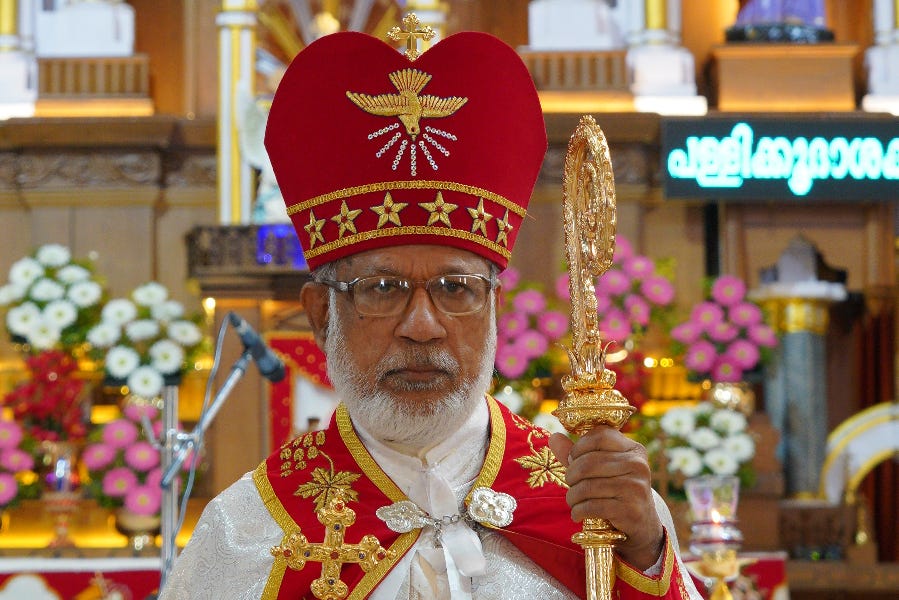Vatican court rejects appeal over Indian Church land deals
The Vatican decree is the latest twist in a dispute over real estate transactions that allegedly lost the Archeparchy of Ernakulam-Angamaly $10 million and led to civil proceedings.
The Church’s highest judicial authority has rejected an appeal to reexamine issues surrounding land deals that provoked uproar among Indian Catholics.

In a decree dated Jan. 31, the Supreme Tribunal of the Apostolic Signatura dismissed…
